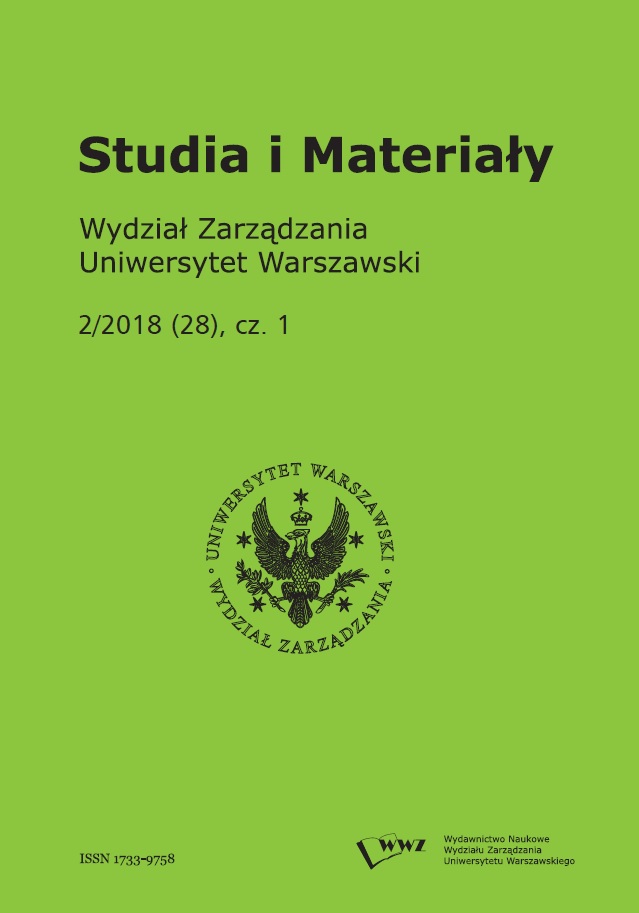Optymalne obciążenia poznawcze pracownika
The optimum cognitive load of the employee
Author(s): Grażyna Wieczorkowska-Wierzbińska, Magdalena SieradzkaSubject(s): Social Sciences, Business Economy / Management
Published by: Wydawnictwo Naukowe Wydziału Zarządzania Uniwersytetu Warszawskiego
Keywords: overload; extroversion; type of stimulation; level of arousal; multitasking
Summary/Abstract: The goal of the current article is an attempt to synthesize the knowledge on the consequences of cognitive overload/underload of the employees on their work outcomes. The course of the argument has been organized in the form of 4 theses. (1) Employee performance depends curvilinearly on the level of arousal (Yerkes i Dodson, 1908). This relationship is affected by the size of the available cognitive resources. The effect of emotions on the level of arousal depends on their type. (2) The magnitude of tonic arousal is primarily defined by the temperamental traits. The relationship between the arousal level and the temperament can be moderated by permanent personality traits, sociodemographic situation, as well as variable features, such as the level of fatigue (lack of sleep, cold…). (3). Employee’s phasic arousal depends not only on the objective stimuli and performed activity, but can also be moderated by the automatically operating perceptual filters, cognitive schemas, and a deliberate cognitive activity aimed at assigning meaning to the stimuli. (4). An employee can actively influence his/her arousal level by undertaking activities of a certain stimulative value. There are large differences regarding the type of preferred stimulation (intellectual, physical, social…).
Journal: Studia i Materiały
- Issue Year: 28/2018
- Issue No: 2
- Page Range: 167-177
- Page Count: 11
- Language: English, Polish

